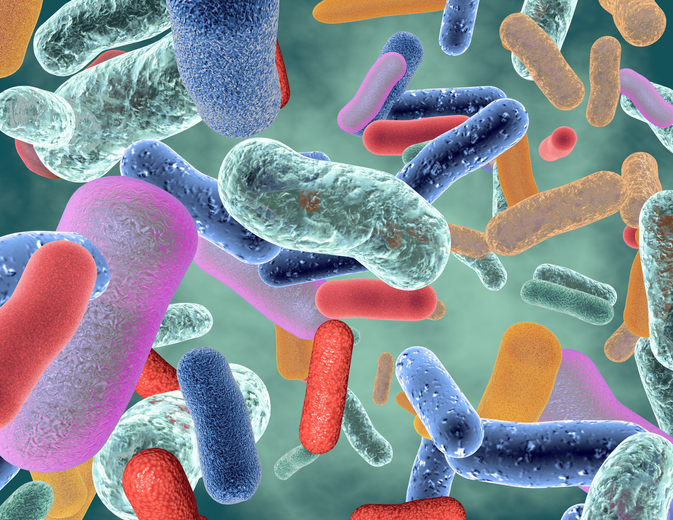Medical Care , Health & Wellness , Cardiology (Heart)
Gut Bacteria Might Protect Against Heart Disease
Early results suggest certain bacteria may reduce plaque formation in arteries

Bacteria that can be found in the gut of both humans and mice might help keep at bay the formation of plaques in arteries, a major cause of cardiovascular disease as they could obstruct blood flow.
Researchers from the University of Wisconsin- Madison identified the bacteria able to eliminate uric acid, a substance that could cause the painful joint condition called gout while also promoting plaque formation. First, they analysed the relationship between uric acid levels and gut bacteria in nearly 1,000 people. “Uric acid levels also correlate with the patterns of different bacteria present in the gut of these people,” Federico Rey, UW-Madison professor of bacteriology and an author of the new study, said in a press release. Secondly, they transplanted gut microbes from mature mice to those born with microbe-free guts and observed that mice receiving microbes from animals with lots of plaques and high uric acid levels developed the same condition. Similarly, mice who received microbes from animals with fewer plaques and lower uric acid were healthier.
“That led us to a cluster of genes, found across many different types of bacteria, necessary to break down purines and uric acid in the intestine,” Rey said in the press release. “When these purine-degrading microbes were using uric acid in the gut for their own needs there was less uric acid present in the blood of mice.”
The next step of the research is to investigate whether giving animals with arterial plaques purine- eating bacteria will improve their cardiovascular disease.
“It’s very premature to say introducing them in people could help them with cardiovascular disease or even gout. But we have a new understandingof one way the gut microbiome modulates the abundance of this inflammatory compound, and that may point the way to new treatments,” he said.
Article Source: Global Health Asia-Pacific Medical Centre and Aesthetics Awards 2023 (Issue 3)
Related Articles
Health & Wellness
How to Deal with Obesity & Diabetes?
The prevalence of obesity in the world have continued to increase significantly. It is estimated by WHO that 39% of adults aged 18 years and over were overweight in 2016, and 13% were obese.
Read moreMedical Care
Blood delivery drone due to become world’s fastest
New-generation drones slash delivery time of life-saving blood products and medicines in hard-to-reach areas in Rwanda
Read moreMedical Care
Better use your nose
In the long term, mouth breathing might lead to several complications
Read moreLatest Articles
Medical Care
Achieving Swift Recovery: Enhanced Recovery (ERAS) Direct Anterior Approach Total Hip Replacement
Consider total hip replacement with Alps Orthopaedic Centre's ERAS Direct Anterior Approach for faster recovery and reduced hospital stays. Learn about Dr. Jerry Chen's expertise in Singapore.
Read moreMedical Care
Enhanced Recovery (ERAS) Total Knee Replacement
Discover how Alps Orthopaedic Centre's Enhanced Recovery After Surgery (ERAS) approach transforms total knee replacement into a day surgery, offering faster recovery, less pain, and reduced hospital bills. Learn about Dr. Jerry Chen's expertise and schedule your appointment in Singapore.
Read moreMedical Care
Clinical Exercise Physiologist (CEP): The Emerging of Exercise is Medicine
How Exercising can be a Medicine
Read more